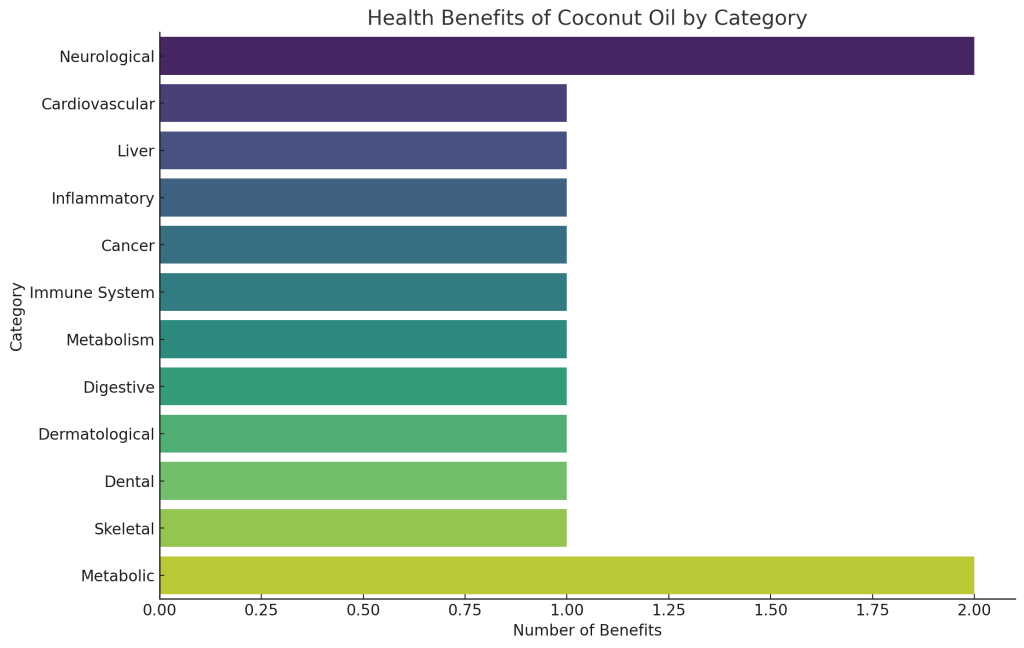The Fascinating Process of Coconut Oil Fermentation
Welcome to an insightful exploration of the transformation of coconut oil in a fermenter, a journey that melds traditional methods with modern science, resulting in the creation of a unique and highly valued product in the health food markets.
Key Takeaways:
| Aspect | Detail |
|---|---|
| Extraction Method | Coconut oil is extracted from coconut milk through a cold process involving fermentation. |
| Fermentation Process | Fermentation employs probiotic bacteria (e.g., Lactobacillus plantarum) to break down coconut milk emulsion, releasing the oil. |
| Quality and Characteristics | Virgin coconut oil (VCO) extracted is distinct for its medium-chain fatty acids, contributing to health benefits. However, fermentation can sometimes yield oil with a fermented odor. |
Understanding Coconut Oil
Coconuts, the seeds of Cocos nucifera, are revered globally for their diverse uses in food, health, and beauty. Coconut oil, in particular, is celebrated for its nutritional value, being a rich source of medium-chain triglycerides (MCTs) and lauric acid, which are known for their health benefits including heart health and antimicrobial properties.
The Process of Fermenting Coconut Milk
The journey of transforming coconut oil in a fermenter begins with the extraction of coconut milk. In traditional fermentation methods, the shredded coconut is pressed to produce coconut milk, which is rich in coconut oil. This milk is then poured into large containers and left to rest, allowing the coconut cream to rise to the top, with water settling at the bottom and coconut oil in the middle. After filtering to remove impurities and resting for a few days, the process results in clear, pure, and raw coconut oil.
Cold Process Extraction
Virgin coconut oil is derived from the fresh and mature kernel of coconut either by mechanical or natural means, with or without the application of heat. The cold extraction process, including fermentation, chilling, and thawing, or centrifugation, ensures that the oil retains its natural sensory and functional characteristics. In contrast, hot extraction methods involve high temperatures that can remove useful micronutrient.
The Role of Fermentation
Fermentation is a key method in the cold extraction process. It involves inoculating coconut milk with bacterial cultures, such as Lactobacillus plantarum, which assists in the rapid breakage of the emulsion and releases a significant amount of oil. This method has its disadvantages, including being time-consuming and potentially yielding oil with a fermented odor, which can mask the characteristic coconut flavor.

The Benefits and Challenges of Fermenting Coconut Oil
Pros of Fermented Coconut Oil:
- Nutritional Benefits: Virgin coconut oil (VCO) from fermentation retains the beneficial medium-chain triglycerides (MCTs), known for boosting good cholesterol (HDL) and potentially improving brain health and insulin usage. These MCTs are less likely to be stored as fat and more likely to be used for energy.
- Preservation of Nutrients: The cold extraction process, including fermentation, helps in retaining the oil’s natural sensory and functional characteristics, preserving its nutritional value and fresh coconut scent.
Challenges of Fermented Coconut Oil:
- Time-Consuming Process: The fermentation method is generally more time-consuming, taking about 24-48 hours to complete.
- Quality Concerns: There’s a risk of the oil developing a fermented odor and a yellowish color, which can mask the characteristic coconut flavor.
- Health Risks: While coconut oil is known for its health benefits, it is also high in saturated fats, which can raise bad cholesterol (LDL) levels and increase the risk of heart diseases and liver damage. It may also cause allergies and gastrointestinal issues like diarrhea in some individuals.
Exploring the Impact of Fermented Coconut Oil on Health and Nutrition
Health Benefits of Coconut Oil:
- Alzheimer’s Disease: Coconut oil produces ketones that can serve as an alternate energy source for the brain, potentially aiding in Alzheimer’s treatment. It is especially beneficial due to its medium-chain fatty acids (MCFAs), which have neuroprotective, anti-inflammatory, and antioxidant properties.
- Heart Health: Regular consumption of coconut oil can increase HDL (good cholesterol) levels, thereby promoting heart health and potentially reducing the risk of heart disease.
- Liver Protection: Coconut oil’s MCFAs act as a natural antibiotic, protecting the liver from damage and aiding in the treatment of urinary tract and kidney infections.
- Inflammation and Arthritis: The antioxidants in virgin coconut oil effectively reduce inflammation and improve arthritis symptoms more than some medications.
- Cancer Prevention: The ketones and MCFAs in coconut oil can fight cancer by targeting glucose-dependent tumor cells and killing bacteria that increase stomach cancer risk.
- Immune System Support: Coconut oil’s lauric acid boosts the immune system with its antibacterial, antifungal, and antiviral properties.
- Memory and Brain Function: MCFAs in coconut oil have been shown to improve memory problems in older subjects, fueling brain cells efficiently.
- Energy and Endurance: The oil is easily digestible, providing sustained energy and boosting metabolism, useful for endurance athletes.
- Digestive Health: Coconut oil improves digestion, helps in the absorption of fat-soluble vitamins, and treats stomach ulcers and ulcerative colitis.
- Skin Health: The fatty acids in coconut oil reduce inflammation and moisturize, effectively treating various skin issues.
- Oral Health: Oil pulling with coconut oil helps prevent gum disease and tooth decay, and improves overall oral health.
- Bone Health: Coconut oil fights oxidative stress and free radicals, aiding in the treatment of osteoporosis and increasing calcium absorption in the gut.
- Type 2 Diabetes Management: MCFAs in coconut oil help balance insulin reactions in cells, preventing insulin resistance and aiding in diabetes management.
- Weight Loss: The MCFAs in coconut oil aid in burning fat and decreasing appetite, making it beneficial for weight loss.
These benefits illustrate the multifaceted role of coconut oil, particularly when fermented, in enhancing health and wellness. The fermentation process preserves the beneficial components of coconut oil, making it a valuable addition to a balanced diet.

